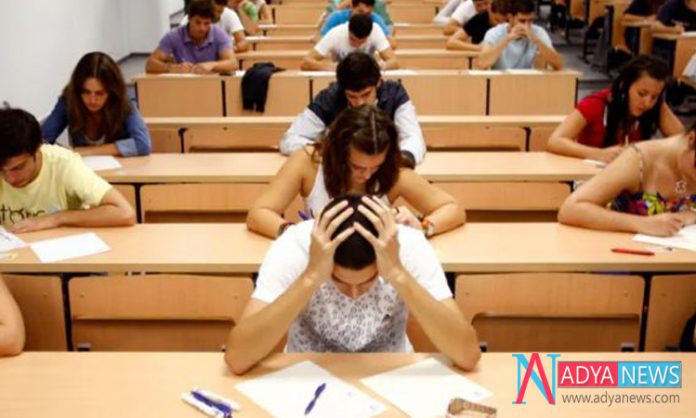Consuming a low quality food , including less fruits and all the more inexpensive food, is related with expanded worry amid examinations , as per an investigation divulged Monday. Stress has for quite some time been embroiled in less than stellar eating routine. Individuals will in general report indulging and solace eating sustenances high in fat, sugar, and calories in the midst of stress, said Nathalie Michels from Ghent University in Belgium.
Our discoveries taking a gander at the food patterns of students amid exam timings affirm this pressure actuated dietary decay speculation, said Michels, who drove the examination being displayed at the yearly European Congress on Obesity (ECO) in Glasgow, UK. Our discoveries recommend that students experience issues eating soundly and wind up embracing awful dietary patterns, which over half a month can significantly influence your general wellbeing and be hard to transform, she said in an announcement.
The outcomes depend on an unknown online overview of 232 students (matured 19-22 years) enlisted from a few colleges in Belgium. When the month-long examination period in January 2017, respondents were approached to uncover their apparent pressure and complete surveys that evaluated changes to their dietary examples and different psychosocial factors.
The analysts explored the connection between test pressure and change in dietary quality, and whether these affiliations were adjusted by psychosocial factors, for example, eating conduct, sustenance decision thought process, taste inclination, impulsivity, adapting methodologies, inactive conduct, and social help. Amid the month-long test period, members thought that it was more enthusiastically to adhere to a solid eating routine, and just a quarter satisfied the World Health Organization (WHO) suggested 400 grams of fruits multi day.
Students revealing larger amounts of pressure would in general nibble all the more regularly, scientists said. The discoveries recommend that enthusiastic eaters (who eat in light of adverse feelings), outside eaters (who eat because of the sight or smell of nourishment), sweet/fat darlings, individuals who are exceptionally energetic by wellbeing, touchy to reward and discipline, exceedingly stationary, and with higher feelings of anxiety are at most serious danger of settling on unfortunate sustenance decisions amid this upsetting time.
To battle against pressure actuated eating, counteractive action systems ought to incorporate mental and way of life angles including pressure the board (eg, feeling guideline preparing, care, yoga), wholesome training with strategies for self-adequacy, familiarity with eating-without-hunger, and making a domain that animates a solid eating regimen and physical action, said Michels.

